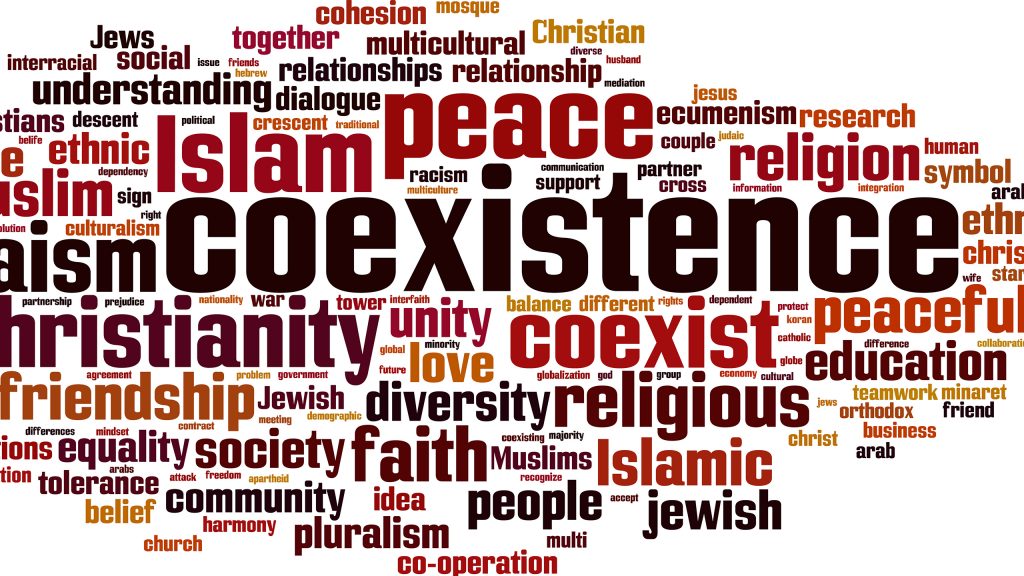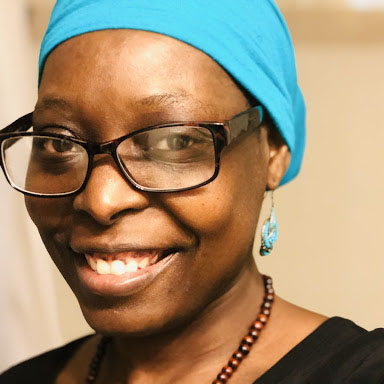
I moved to Nigeria, my home country, immediately after I graduated from elementary school for my middle school years. My parents were unhappy with how quickly we were losing a sense of our Islamic language, and cultural identities.
Upon our arrival in Nigeria, my sister and I were enrolled in a prestigious, all-girls, Catholic missionary school, which is known for its high quality secular education, inclusive environment, and tolerance of other religions and Indigenous practices.
In fact, the school was run by a missionary for the sole purpose of empowering girls to think for themselves. My dad had always planned for us to attend this school for our secondary school education. The school promotes not only high academic excellence, but also it’s an enabling environment for young minds to grow and thrive as independent thinkers without the sacrifice of religious beliefs and cultural identities.
Based in the heart of the ancient city of Kano, which is a bastion of Islamic tradition in sub-Saharan Africa, St. Louis for the girls, and St. Thomas for the boys, produced brilliant young minds from northern Nigeria who grew up to become productive members of the society. However, northern Nigeria today is bedeviled by an international terrorist organization, Boko Haram, which promotes intolerance and anti-Islamic rhetoric across the Sahel. Since 2009, the Boko Haram insurgency and the government’s military response have killed tens of thousands of civilians and displaced millions across the Lake Chad region, which straddles Cameroon, Chad, Niger, and Nigeria. Boko Haram is responsible for the abduction of over 250 mostly Christian female students.
It’s mind boggling how a country with a nearly 50-50 distribution of Muslims and Christians has been unable to douse the tension of religious intolerance. The northern Nigeria of today, which appears to be highly intolerant of other faiths and cultures, is completely different from the one I experienced when I attended a Catholic missionary school almost 30 years ago.
ICJS Jewish scholar Ben Sax’s presentation on the dignity of work from the perspective of the Torah reminded me how similar the Torah, Bible and the Quran are, and confirmed why my educational experience in a Christian environment afforded me the mindset to approach Islam from a place of intellectual understanding and reasoning. The presentation, particularly the point made on the dignity of work, reminded me of one of the Divine principles of being a servant of Allah as mentioned in the Quran, “And that man shall have nothing but what he strives for.” (Q53:39)
My parents made a difficult decision to accept high quality education, despite coming from a preferred source, but still built on an authentic faith tradition with a proven track of producing erudite scholars and thinkers to avoid raising children who may grow up as intolerant followers of a tradition that they may not have a full understanding of. This reminds me of when we find ourselves in non-homogeneous environments and whether we make room for others or create barriers for others to benefit from the value of work.
As I reflect on the Justice Leaders Fellowship and how this relates to economic justice and equity, I wonder whether I personally wait for what I need or strive for my needs despite hidden and apparent roadblocks. I am grateful for this self-realization through the presentation.
Moreover, as a practicing Muslim, ICJS Muslim scholar Zeyneb Sayilgan’s presentation transformed my relationship with salah, the compulsory daily prayer. The illustration of salah being a key to access the Owner of everything regardless of one’s socio-economic status is a powerful reminder that Allah, the Creator, doesn’t look at what’s on the outside. Rather, it is only our deeds that matter. If the Creator doesn’t place a barrier between us and Himself, then why should I place a barrier for others to access what is required to live a dignified life? My understanding of justice and equity has been transformed through the teachings of scripture, and I am grateful for this experience.
 Jamila Fagge is Media Consultant and Communications Strategist at First SouSou, LLC, and a member of the 2021 ICJS Justice Leaders Fellowship.
Jamila Fagge is Media Consultant and Communications Strategist at First SouSou, LLC, and a member of the 2021 ICJS Justice Leaders Fellowship.
Baltimore is part of a national conversation around questions of justice, race, and community. Members of the ICJS Justice Leaders Fellowship consider how Jewish, Christian, and Muslim teachings and practice can contribute to the public conversation about (in)justice. Opinions expressed in this blog are solely the author’s. ICJS welcomes a diversity of opinions and perspectives. We do not seek a single definition of justice between or within traditions.